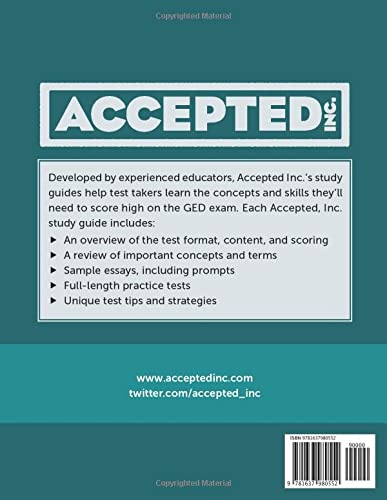The Golden Fleece: Manipulation and Independence in Humanitarian Action
₱2,500.00
Product Description
The
Golden Fleece delves into questions that are rarely asked and seldom answered. It examines the impact of manipulation on the effectiveness of humanitarian action. The tension between fundamental humanitarian values – the prioritization of life-saving over all other considerations – and political or economic agendas is not new. Relief work has long been subject to manipulation by governments, warlords, public opinion, disembodied realpolitik, and to the calculations of humanitarians themselves. As Lt. Gen. Romeo Dallaire notes in his Foreward, “the sacrosanct principles of neutrality and humanitarian space have been used and abused by many in ways which ultimately benefit killers rather than the victims of armed conflict.”
This book takes a long view, starting with the origins of organized humanitarianism in the mid-19th century and zeroes in on the twenty-plus years since the end of the Cold War. It examines whether instrumentalization has achieved its desired objectives, whether political manipulation is greater today than before, and whether the recent dramatic growth of relief work has opened up humanitarian action to greater manipulation.
Humanitarianism has blossomed from a relatively marginal activity in the shadow of interstate wars to a central feature of international relations; it is now part of global governance, if not of government. It has also become a much-used fig leaf to camouflage global and local failures of governance that often result in further misery for those at the mercy of conflict and crisis.
The Golden Fleece asks whether saving lives is, by its very nature, prone to instrumentalization or whether humanitarianism can be transformed and made more immune to manipulation. Building on decades of experience at the frontlines of the world’s most devastating crises, the authors chronicle the successes and failures of a humanitarian enterprise that, despite its limitations, remains central to the survival of millions of vulnerable and dispossessed people around the world. They argue that the practical and moral resistance against intolerable suffering is an urgent, necessary and critical imperative. It is at the core of what it means to be human.
The Golden Fleece made the list of “Must-Read Books in Peace and Security for 2013” from International Peace Institute’s Global Observatory blog. See following link: http://www.theglobalobservatory.org/reports/408-must-read-books-in-peace-and-security-for-2013.html
Review
“This book is a result of many years of careful and empirical study of humanitarian programming by Tufts University’s Feinstein International Center—a team that has made a very significant impact on humanitarian learning. Antonio Donini and his colleagues have done great service by analysing the dynamics of aid manipulation and this book is obligatory reading for all in security and humanitarian studies. But, having read it, please do not put it down and think that aid does more harm than good. The book does not set out to make this calculation, and it should never be assumed. Humanitarian action is a precious and growing part of globalization that needs to be respected and improved, and manipulated as little as possible. The work of neutral, contested and coopted agencies alike saves lives in the real world. A more principled approach can make this saving fairer.”
“The book is an excellent resource on contemporary humanitarian debates and particularly useful as a teaching and learning resource in universities.”
“The main thesis of the Golden Fleece focuses on the balance between humanitarian values (life-saving) and political-economic agendas and points out that achieving this balance has been an ongoing challenge in humanitarian aid since its beginnings. The key to ensuring that continuing challenges are met and successes continue requires a clear understanding that humanitarian aid does not have an endpoint but is a constantly unfolding process in which mi













